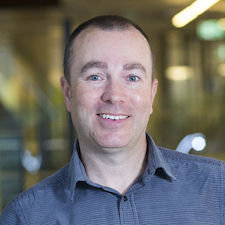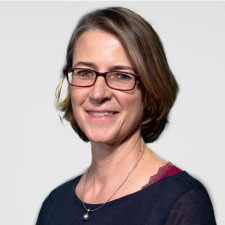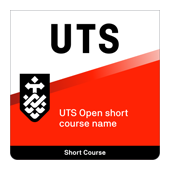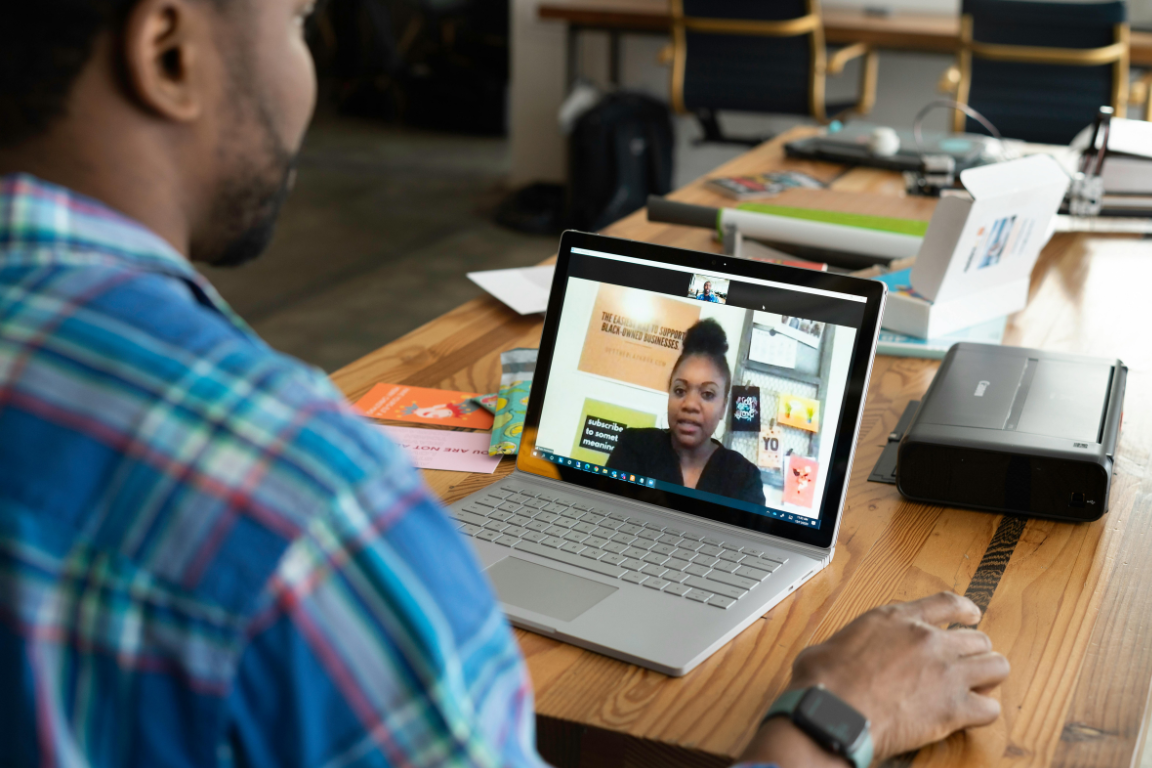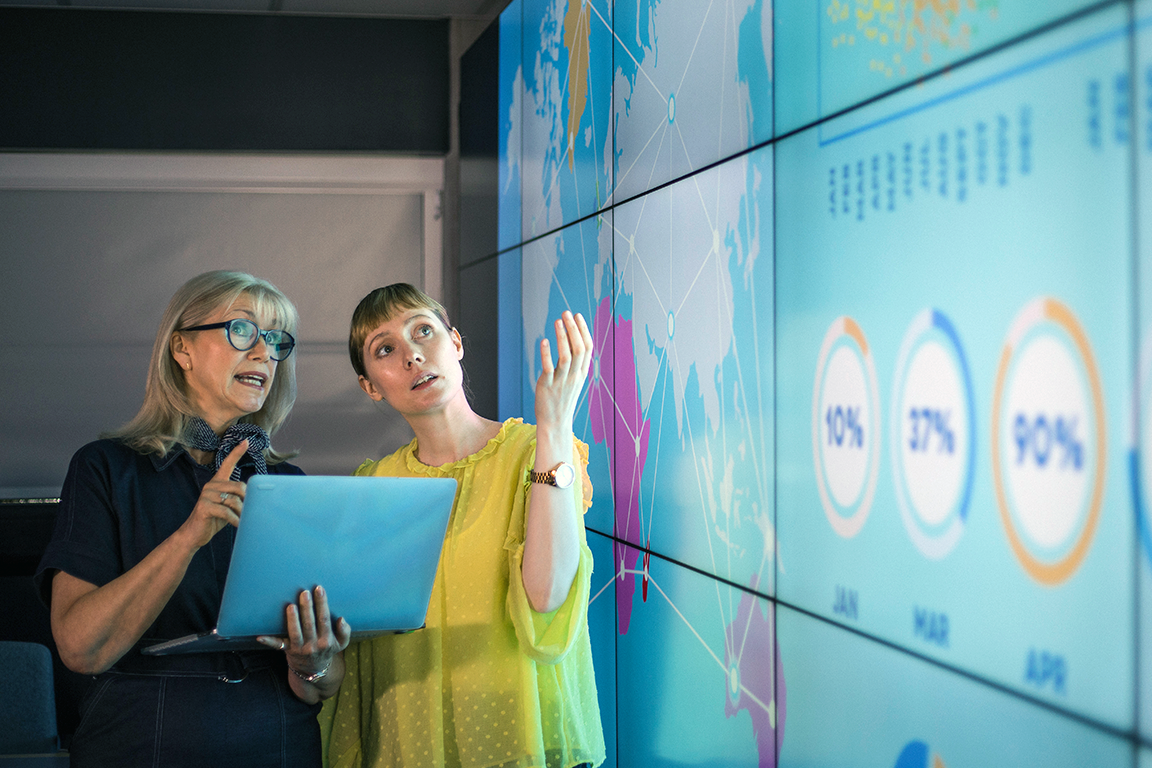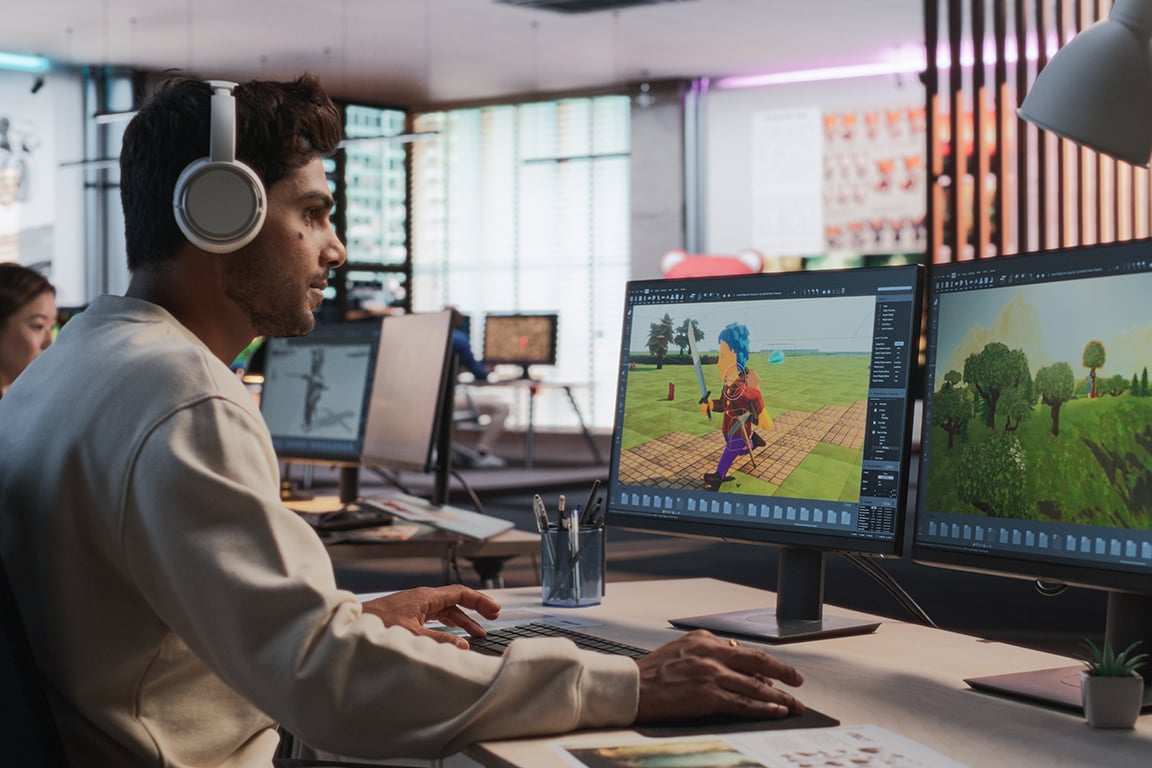The course consists of 4 modules, delivered over a 8-week period including in-depth online content and case studies, a moderated discussion forum and six live Zoom sessions with the lead academics.
You will get to collaborate with other course participants to experiment with some of the systems thinking tools in your context. There will also be plenty of time for interactive discussion and questions.
The live Zoom sessions are optional and recorded. For specific timing details, click on the underlined '6 sessions, 10 hours total' in the grey Book a Session box. If the Book a Session box does not appear, you can add your contact details on the Join Waitlist form at the top right. You should then be notified when bookable sessions become available.
This course is structured around the three themes of awakening our systems sensibility, strengthening our systems literacy and cultivating our systems thinking in practice.
Discovering systemic sensibility
We begin by (re-) discovering an innate but often dormant talent that many people have - systems sensibility. It is a tacit appreciation that the nature of the world is relational, meaning we are aware that life's events and phenomena emerge because of many things happening in concert together rather than independently of each other. You will start discovering or recovering this talent in module 1 and continue strengthening it throughout the course.
Developing systems literacy
Throughout the course, we develop systems literacy and the knowledge of systems characteristics and their behaviours. In module 2 in particular, you will expand systems sensibility by learning about key systems concepts and thinkers with the intention of developing your systems literacy. This will equip you with the language and knowledge of important approaches to and interpretations of systems thinking.
Cultivating systems thinking in practice
Finally, modules 3 and 4 are designed to provide you with tools and ways of thinking and reflecting to engage with complex situations and challenges that can't be solved with a linear plan or generic problem-solving approach. We will explore what it takes to use systems thinking in practice in the real world and within your own context. As many systems thinkers and practitioners can confirm, mastering systems thinking in practice is a life-long learning journey.
Throughout the four modules you will learn to:
- Use the Cynefin framework to distinguish between obvious, complicated, complex and chaotic situations and decide how to best approach them
- Appreciate the various lineages of systems thinkers and understand their very distinct perspectives on systems and how to work with them
- Know key systems concepts and methods for making sense of very complex situations that do not respond to generic problem-solving approaches
- Apply systems thinking and systems tools, such as rich pictures, context mapping and multi-cause diagramming to real-world situations you are dealing with
- Understand how your own way of thinking, your own perspective and worldview can be changed in the process of applying systems thinking
- Reflect on how to integrate the systems thinking tools and skills in specific dialogue processes when engaging with diverse stakeholders in complex situations.








